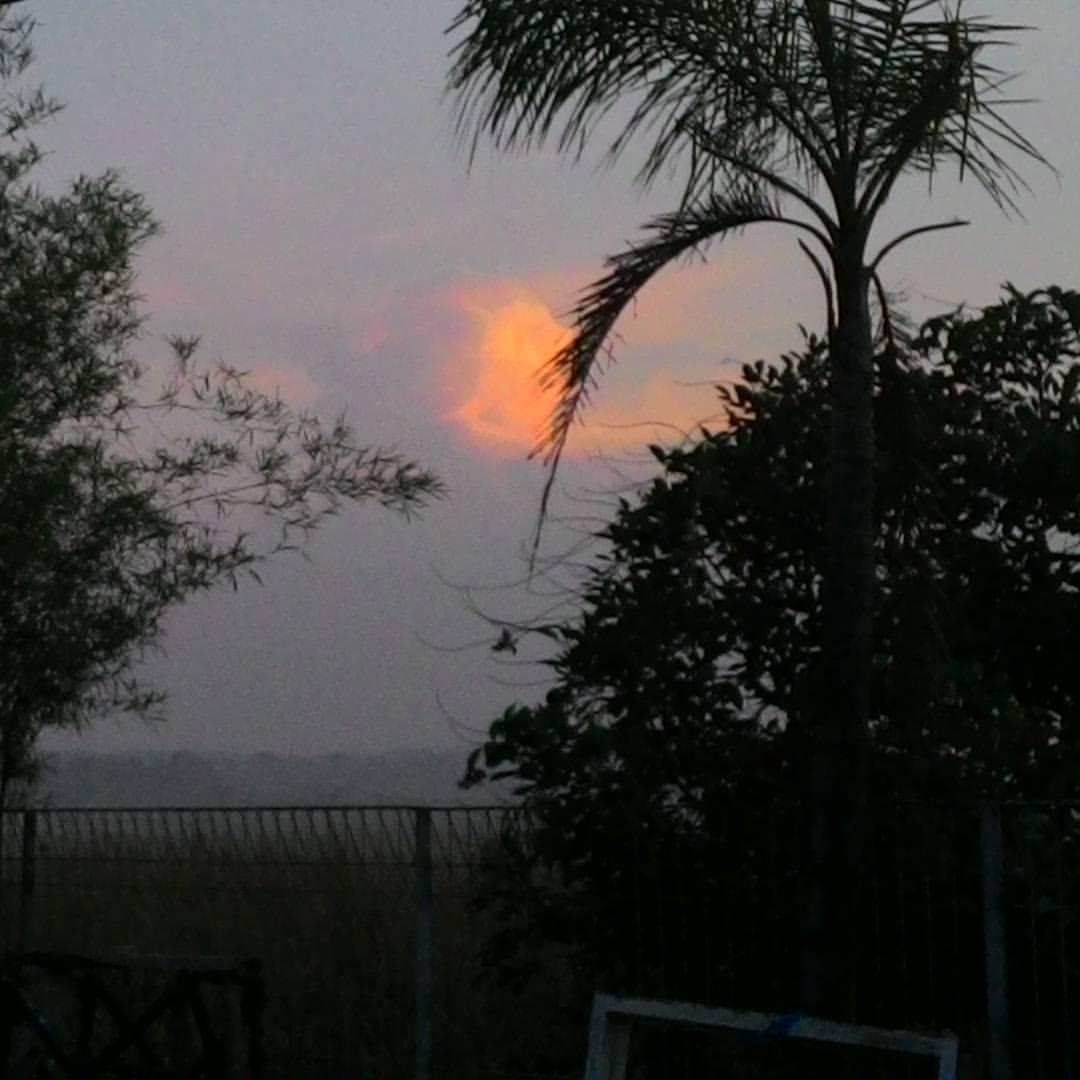Psssst, know any good conspiracy theories?
Do people disagree or agree with conspiracy theories on principle?
Do people have a knee-jerk reaction to deny or accept them? We are human, to the best of our current knowledge. As humans, we need to understand tragedy. We are hard-wired to look for answers.
The search for truth is both our blessing and a curse of our biology. Looking for answers has helped us to achieve, to reach, to overreach and to build at an almost equal rate to what we destroy. When we marvel at the pyramids, we see history and we see questions. Who, what, when and why are powerful drivers in our psyche?
If we’re asking where, we may have a few gaps in our general knowledge. Unfortunately, we have been conditioned by ceaseless propaganda to react with Pavlovian-like predictability to the utterances of media pundits and political talking heads. Right, left and center of the political spectrum, across ethnic, racial and gender divides we are equal in our willingness to bark and slobber as the bells of propaganda are rung.
What really gets us salivating? What makes us bark and yap on Social media? Gossip.
We like mysteries. We love hidden cities, secret rooms, alternative endings. With equal fervor, we love and despise the idea that someone is hiding things. It’s why we love to gossip. People can’t keep secrets. How many family secrets get blurted out over BBQ, or posted on social media?
How long can a public official keep anything private? Can the military actually plan, execute and wrap up an operation in a completely clandestine-manner? From ancient Babylon and Sparta, and through the ages up to the modern Persian Gulf, spies have changed history. The intrigues, plots, thefts and lies existed in Greece, Rome and China and up to the fall of the Russia-led soviet state. Secrets have been hidden, lost, stolen and revealed.
The fortunes and misfortunes of war have been influenced by the information gathered by espionage. In the modern era, everyone is a potential spy. Potential motivation: money, power, disruption, relief of boredom.
It may be that we have always had this need to share, publicize and record events in minute detail. If phone-cameras had existed 1,000 years ago, the Doomsday book would have included selfies of the invading and defending leaders and the latest Norman fashions.
Our culture is built on ideas and on dirty secrets, or perhaps the idea that there must be dirty secrets. From stains on blue dresses to secret apartments, and then to weapon sales. From who the Queen slept with, to whom the King killed to gain power. From secret deliveries to rebel armies. From political struggles to attempted coups. From assassinations to false flags. From cocaine-funded insurrections to poison cigars. From second-shooters to hidden explosives, to ‘gilding the lily’ before a congressional committee. From a secret desire to meet people in cubicles, and sharing genitalia images, with or without permission. It’s about arms-sales, about having a secret, sharing a secret, uncovering a secret, and being privy to the dirt.
We love discovery, almost as much as we hunger for secrets. We are awed by the Pyramids, Stonehenge, Easter Island, the Great Wall of China, and even by the construction of majestic cathedrals that took the efforts of generations. Were there hidden secrets in the construction of these marvels of antiquity? We will probably never know. Do the Dead Sea Scrolls offer more insight, are there undiscovered drafts of the Koran, or the Torah? Did L Ron Hubbard get miles to the gallon, or lightyears? In our modern age, could our most wonderous achievements be fiction?
Are there lies behind some of our greatest tragedies? Did we travel to the moon? Did Roosevelt know before Pearl Harbor? Did military aircraft shoot down a plane on 9/11?
It seems likely that FDR and his staff had some inkling of Japanese military plans or at least the possibility of a pre-emptive strike on Hawaii. As for the Apollo mission of 1969, and the subsequent missions; could hundreds of support personnel, families, and outside contractors have faked a series of moon landings and then kept it secret?
Someone would have shared it just because they had the secret. During a game of golf, a beer, and as pillow-talk. Some scraps of film, some pictures of the soundstages would have been discovered by now. Our inability to keep secrets makes modern conspiracies less likely. Not that people are less motivated to lie, to be corrupt or to cheat, just that it’s easier to discover. The larger the group keeping the secret, the more likely someone will share. In the age of Anonymous and WikiLeaks secrets are fleeting. Keeping secrets may have become an act of hubris.
People will work to undermine the goals of a group, or even their own interests. We have been conditioned to overshare, even if it makes us look bad. Just ask Anthony Weiner, Donald Trump, and OJ Simpson. For some it may be that the world is flat, that we never landed on the moon, that secret technology is being withheld, that aliens built mostly everything, and that John F. Kennedy was shot by two people, the CIA, the Mafia, the FBI, the Boy Scouts, and three aliens who worked for Lyndon Baines Johnson.
We love secrets and gossip so much that we will create events, and the ‘facts’ to support them.Sometimes facts are massaged, and sometimes they’re twisted. Sometimes they’re created from shoes, and ships, and ceiling wax. There will always be someone who wants us to walk along as they share tales of deceit, treachery and the perverse pleasures of perfect strangers.
Private emails, secret memos, plans for Jet fighters, the formula for fried chicken and soft drinks, and private pictures have all found their way to the public-form. There are organizations and individuals who make it their business to find, steal, duplicate and sell those closely-guarded secrets.
The loss of this information could seriously damage, or even destroy, a company, a brand or a carefully crafted reputation. The loss of large companies means the loss of jobs and has wide-spread repercussions in the national and global market. It should be acknowledged that some of these leaks are for publicity and some are fictions. Hitler’s diary and fake celebrity nudes are publicity-engines. Click-bait headlines and breaking news banners can turn slow news days into profitable cycles, but carefully crafted BS can be monetized and used to drive other agendas.
For now, let’s leave the possible hidden agendas and ulterior motives to your fertile and endlessly fermenting imaginations.




